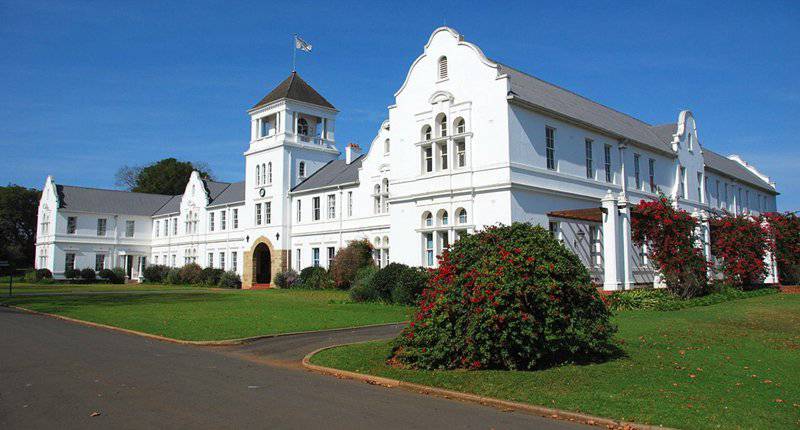News
Private Schools Brace for R2 Million VAT Shock as Government Tightens Tax Rules

Private schools across South Africa are staring down an unexpected financial storm. From 1 January 2026, government will push all schools, especially private institutions out of the VAT system, triggering what tax experts are calling a “massive shock” for the sector.
The proposed changes appear in the Draft Taxation Laws Amendment Bill, recently published for public comment. On the surface, the move sounds simple: schools will no longer be VAT vendors. But beneath the surface lies a tax time-bomb.
What’s Changing and Why
For years, South African schools enjoyed exemptions on tuition and boarding fees. The law only required VAT on “commercial” activities, like renting out a school hall for events, or selling uniforms. This loophole meant many schools registered as VAT vendors so they could legally charge VAT on those activities while claiming back input VAT on expenses like new buildings or operating costs.
Treasury now wants to shut that door completely. Under the draft bill, all goods and services provided by schools will be VAT-exempt, not just tuition. On paper, this tidies up the law. In practice, however, it creates a major problem.
When a school deregisters as a VAT vendor, the VAT Act treats it as if the school sold all its assets the day before deregistration. That’s called a “deemed supply” and it means schools could suddenly owe SARS millions of rands in tax, without having sold a thing.
The Financial Shock Factor
Tax specialist Duane Shipp from WTS Renmere explains it bluntly: “The financial implications could be significant. Schools may find themselves with a large VAT bill, right at the point of deregistration.”
Treasury has offered a small lifeline: schools can pay the tax in twelve monthly instalments to avoid penalties and interest. But critics argue that this doesn’t fix the core problem, the lack of time to plan, budget, and prepare for such a heavy liability.
Local Context: More Than Just Numbers
This change lands in a country already grappling with the rising cost of private education. Parents in Johannesburg and Cape Town often pay as much for school fees as a university student would for a year’s tuition. Add to that the fact that many private schools have been expanding facilities to attract students, and the new VAT rules feel like a double hit schools may have to scale back projects or pass costs down to parents.
Some parents on social media have already voiced concern that “VAT by another name” will simply filter through into higher school fees. One comment on Facebook summed it up: “They say it won’t affect tuition, but let’s be real, parents will pay the price in the end.”
Missing Pieces in the Debate
There are also questions about fairness. Universities, technikons, and colleges are not affected by the same change. Why are schools being singled out? And why the rush? Many schools argue that at least a longer transition period should be considered so they don’t face a financial cliff in December 2025.
Another gap is the lack of retrospective relief. VAT already charged on past rentals or uniform sales will not be refunded. Schools can apply to amend open assessments, but once the deregistration kicks in, SARS won’t revisit old payments.
What Schools Can Do Now
Schools have until 12 September 2025 to submit comments to Treasury and SARS. Shipp has urged governing bodies not to wait: “It’s highly recommended that schools submit their comments, either individually or collectively, before the closing date.”
The sector now faces a crucial choice, either push back hard during the consultation process, or start bracing parents and staff for the financial hit.
The Bigger Picture
At its core, this isn’t just about tax codes. It’s about the role of private schools in South Africa’s education landscape. Families often turn to private institutions because of overcrowded or underperforming public schools. But if fees climb higher due to this tax shock, access to quality education could shrink further, widening inequality.
The next few months will determine whether government listens to schools’ concerns or sticks to its guns. What’s clear is that this isn’t just an accounting exercise. It’s a change that could reshape how South African families experience education in the years ahead.
{Source: BusinessTech}
Follow Joburg ETC on Facebook, Twitter , TikTok and Instagram
For more News in Johannesburg, visit joburgetc.com















